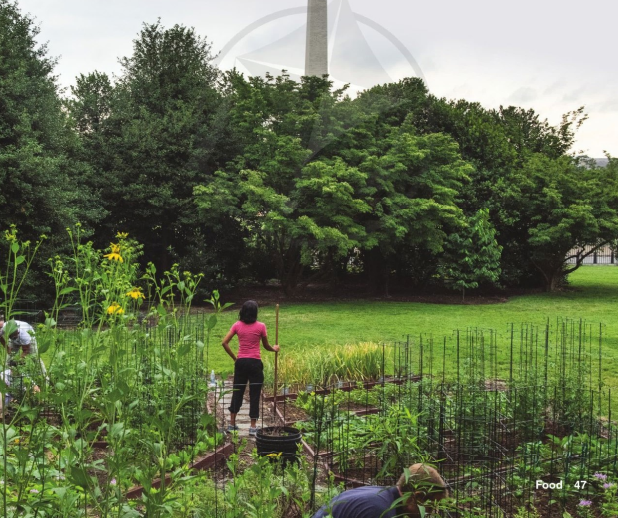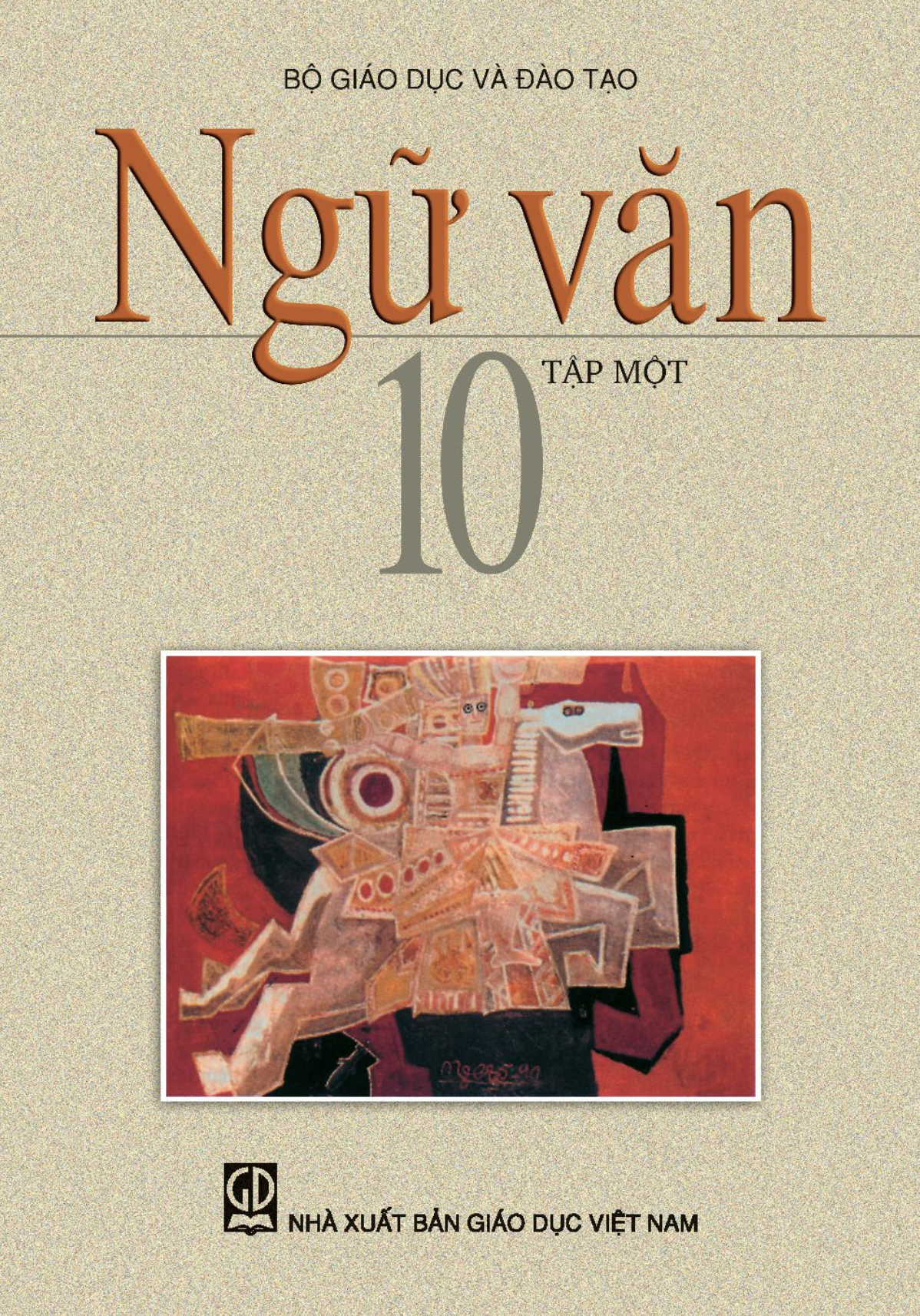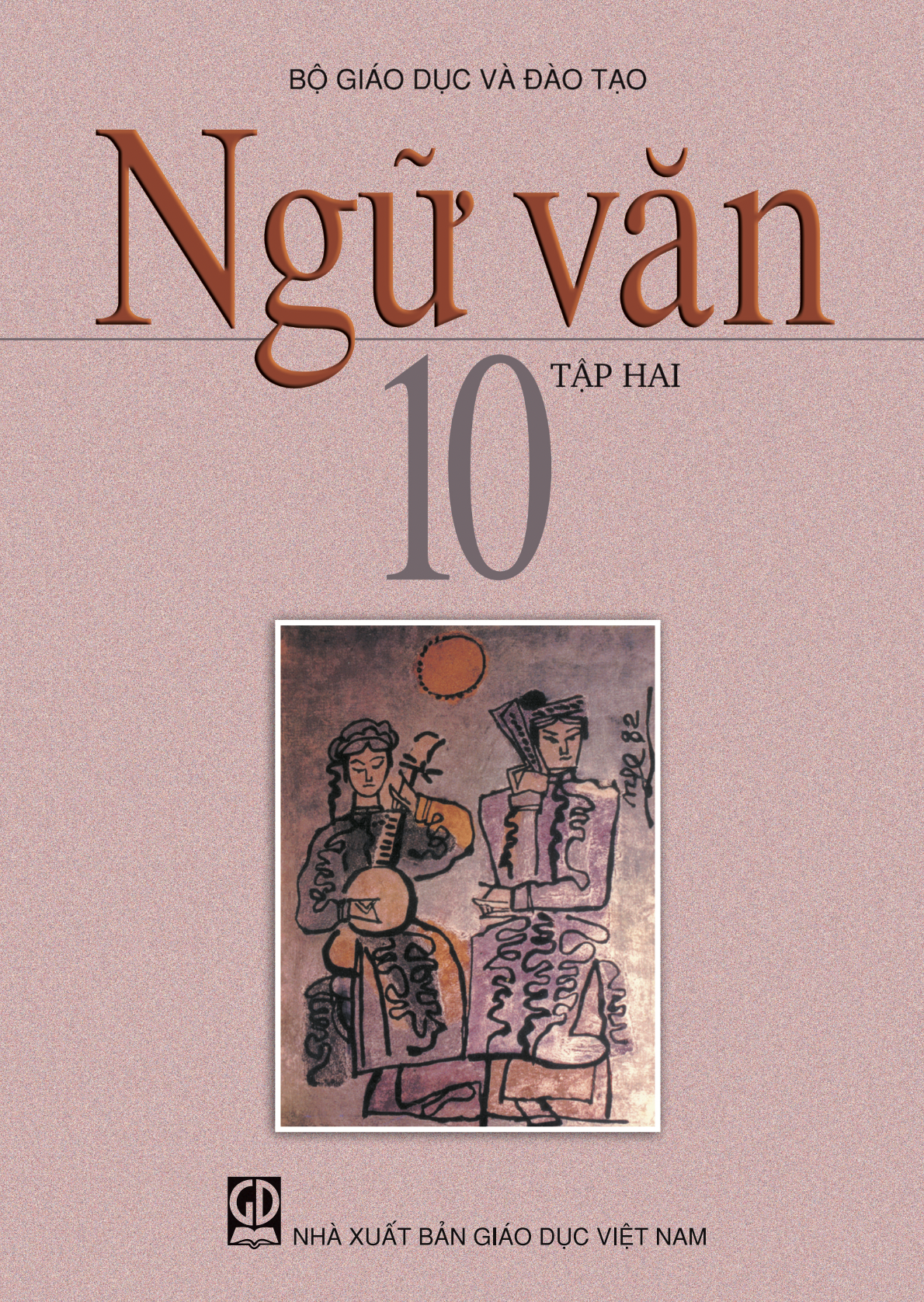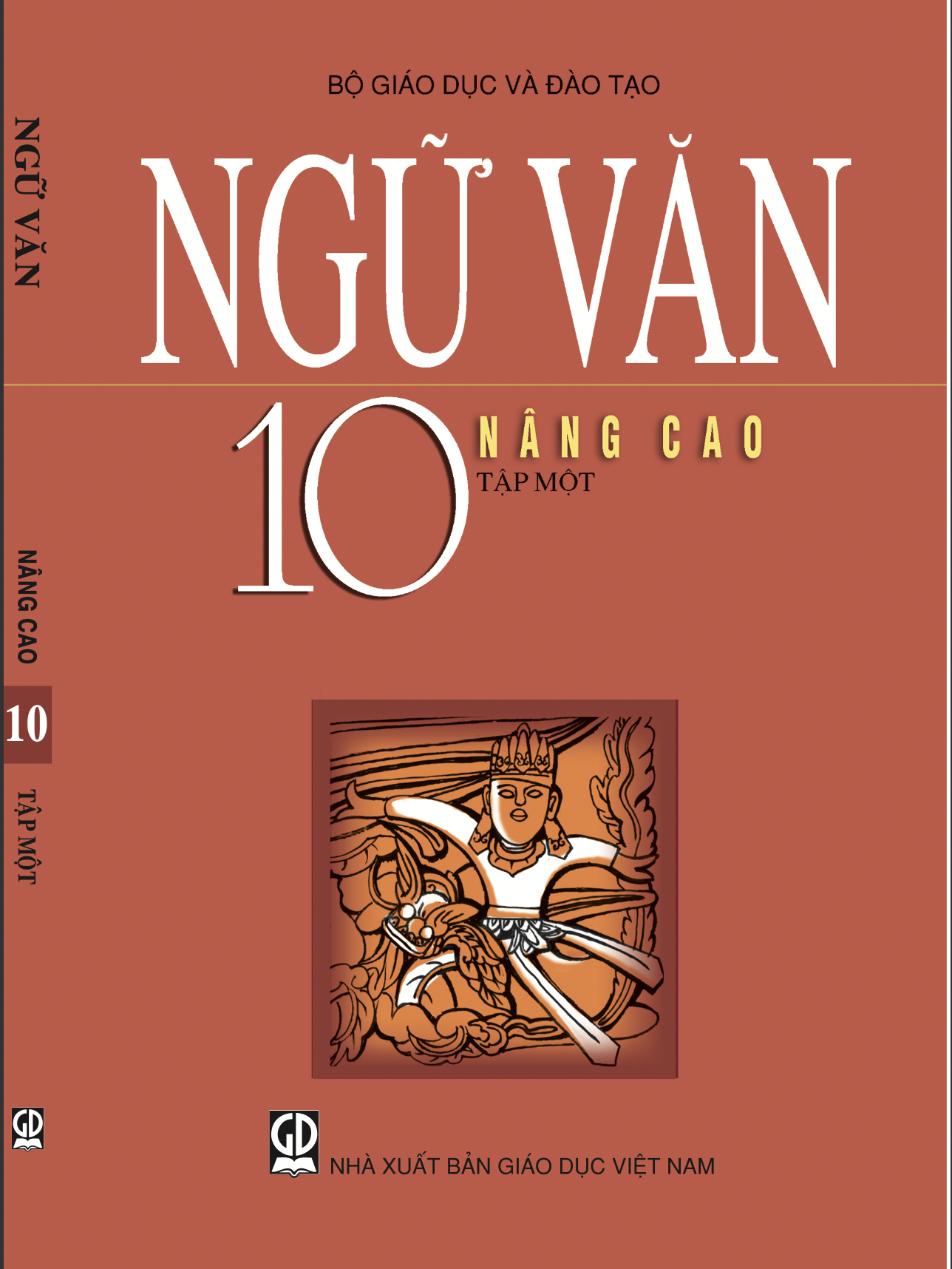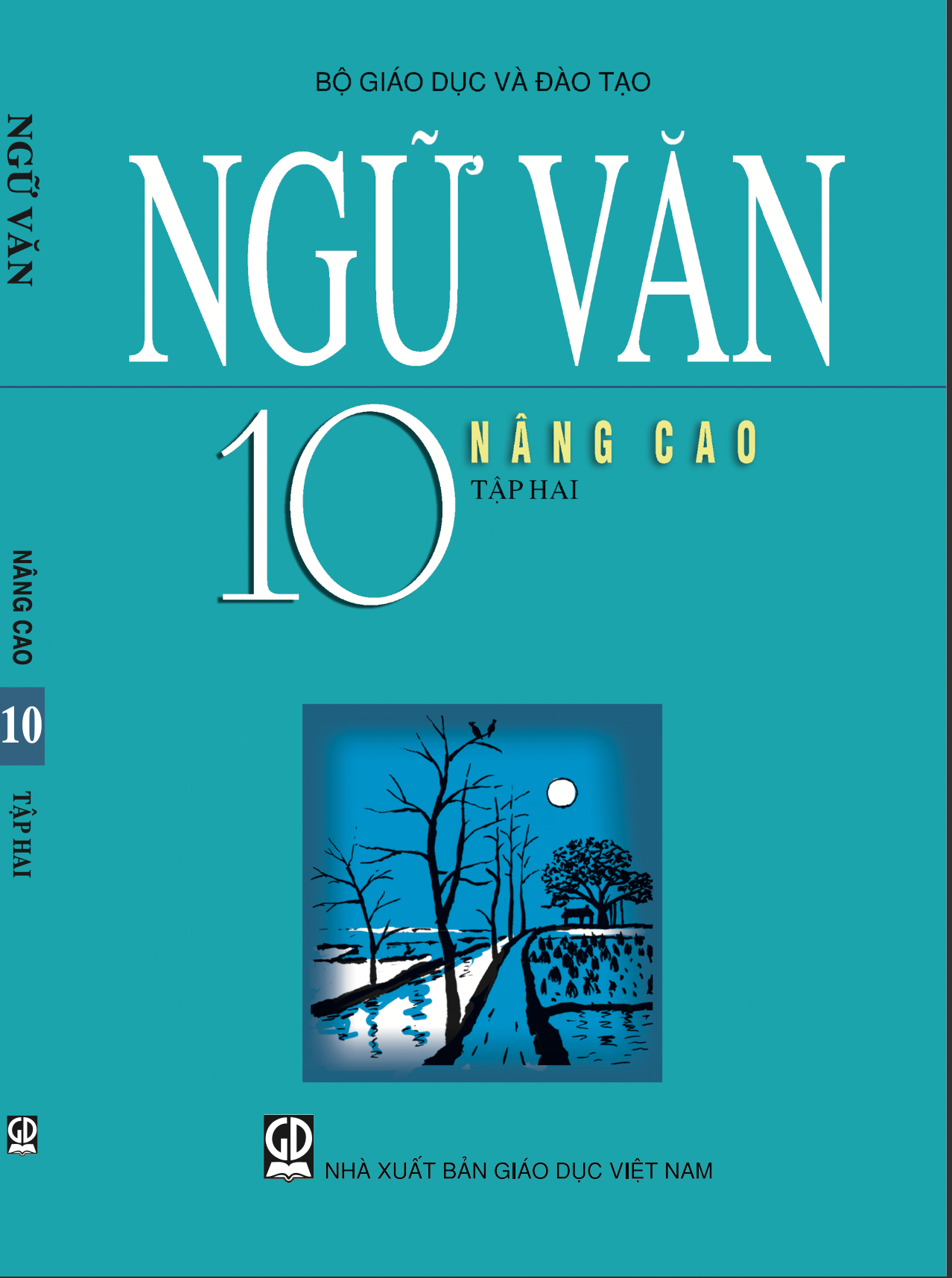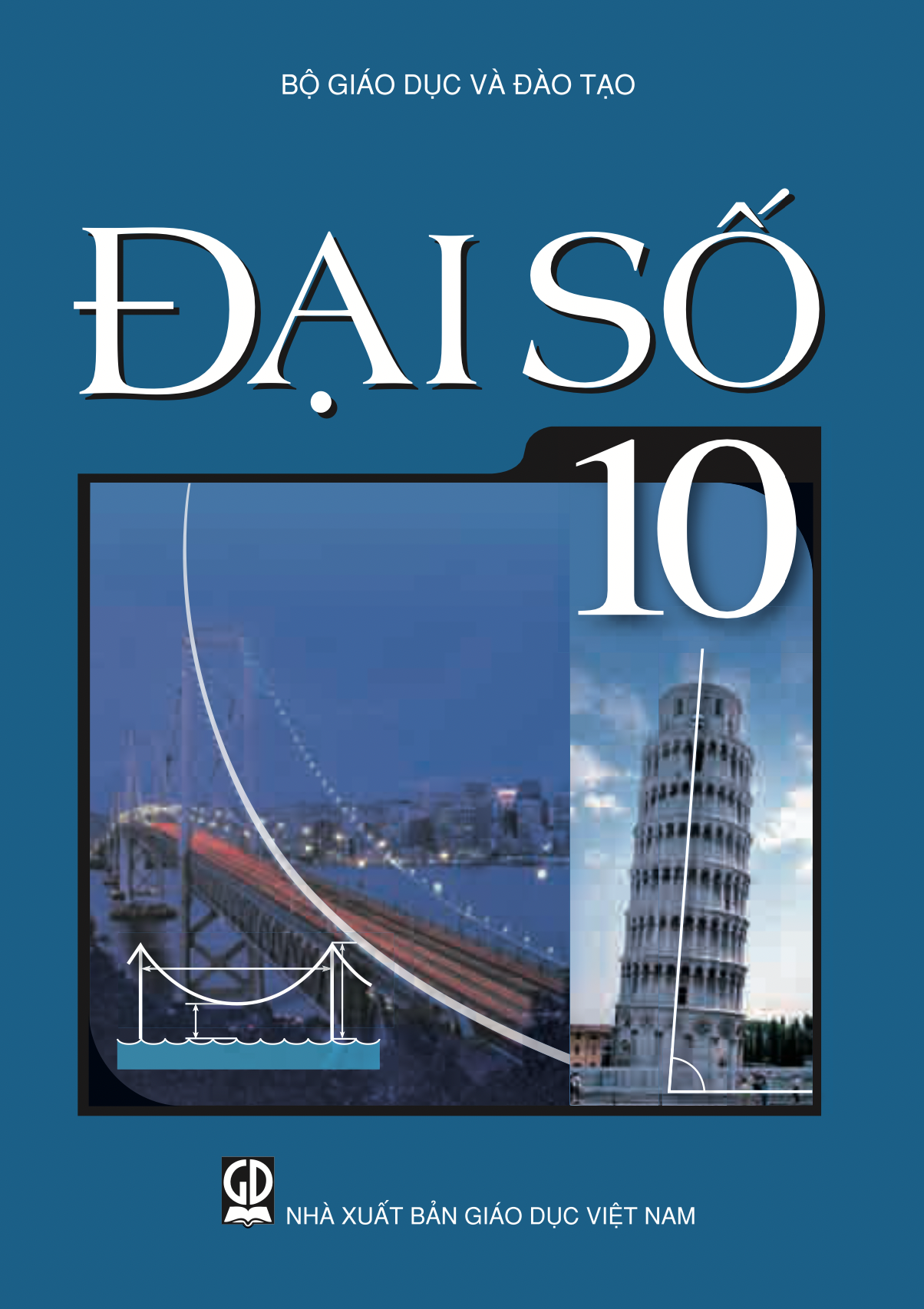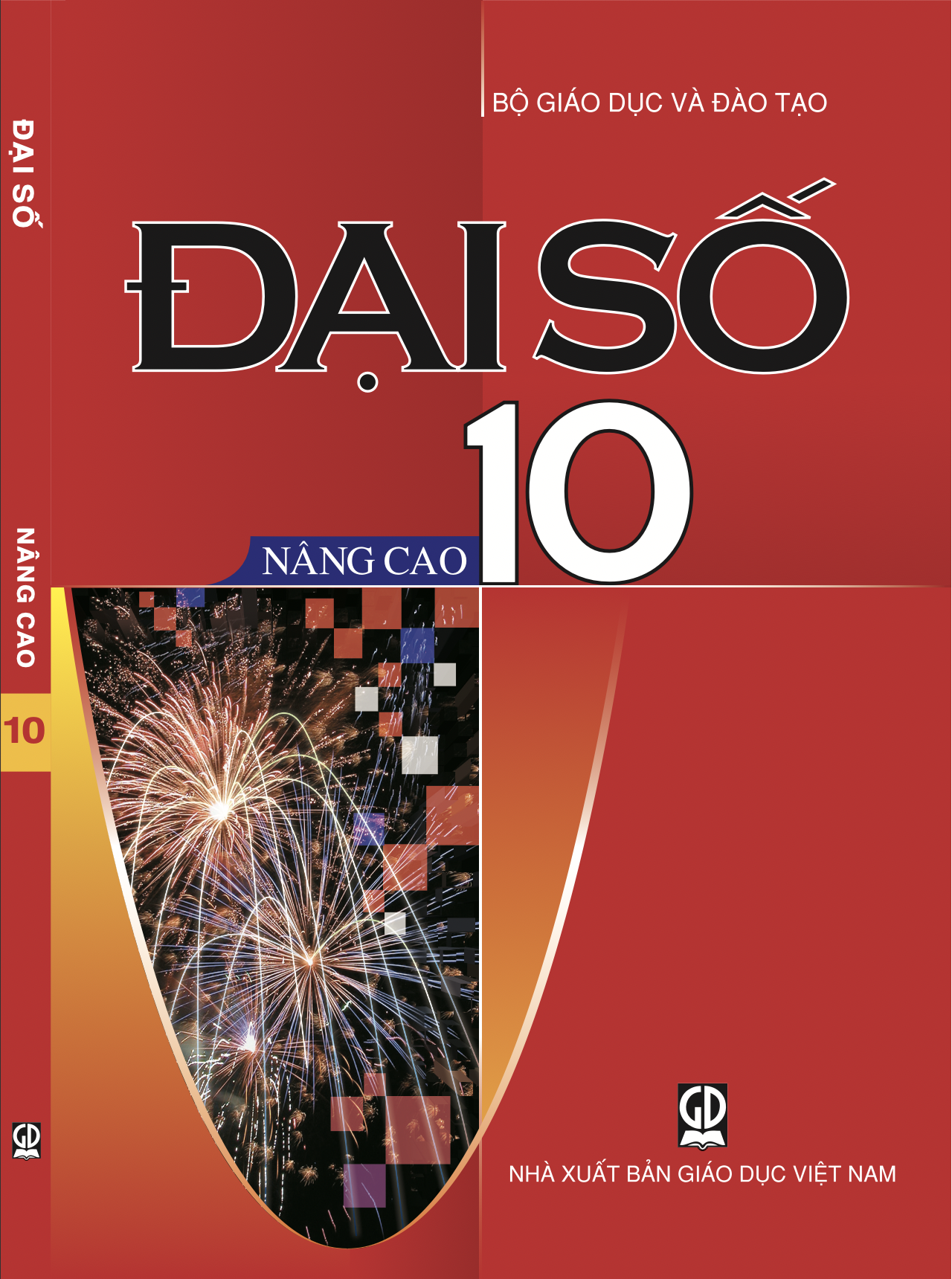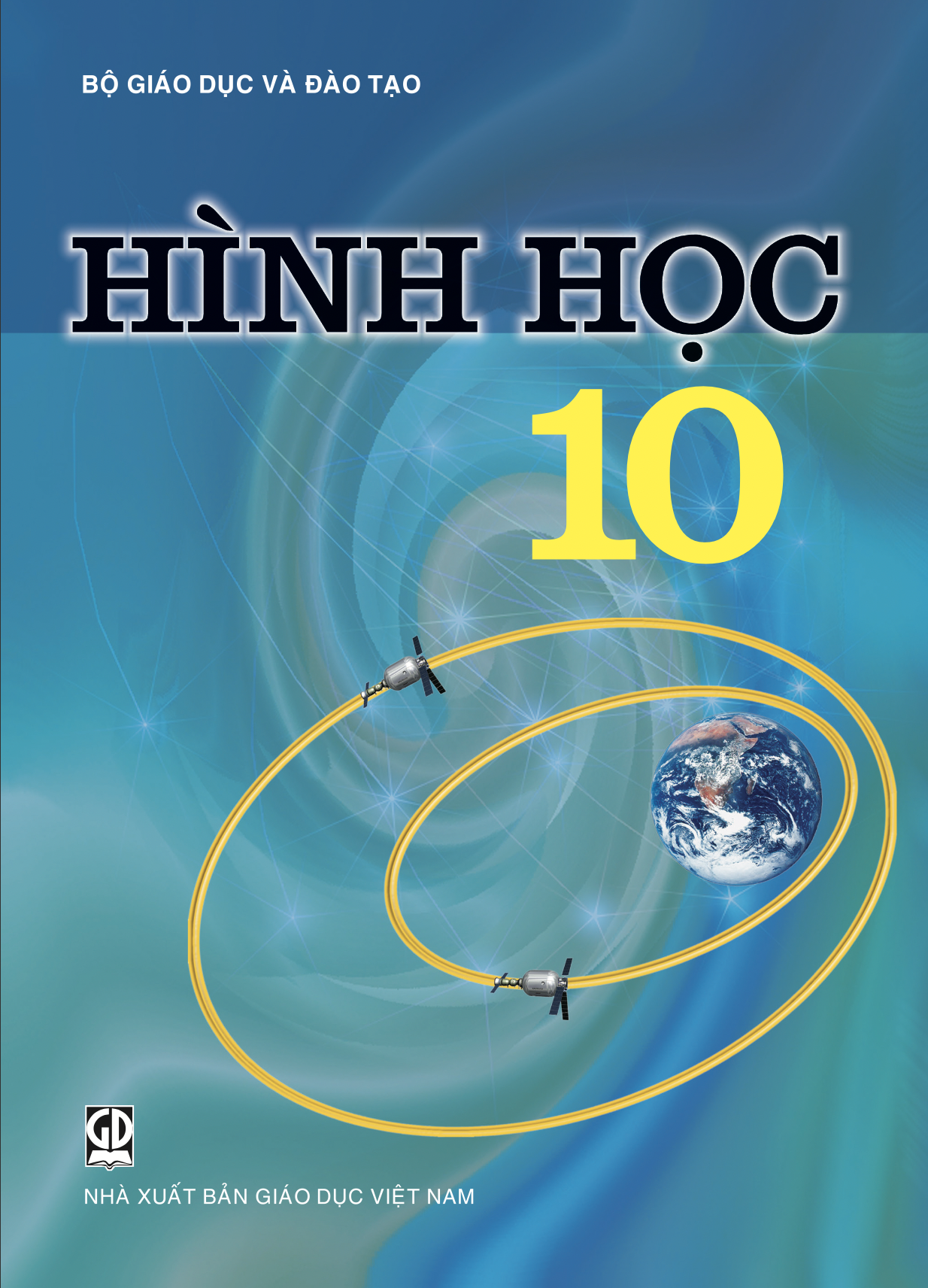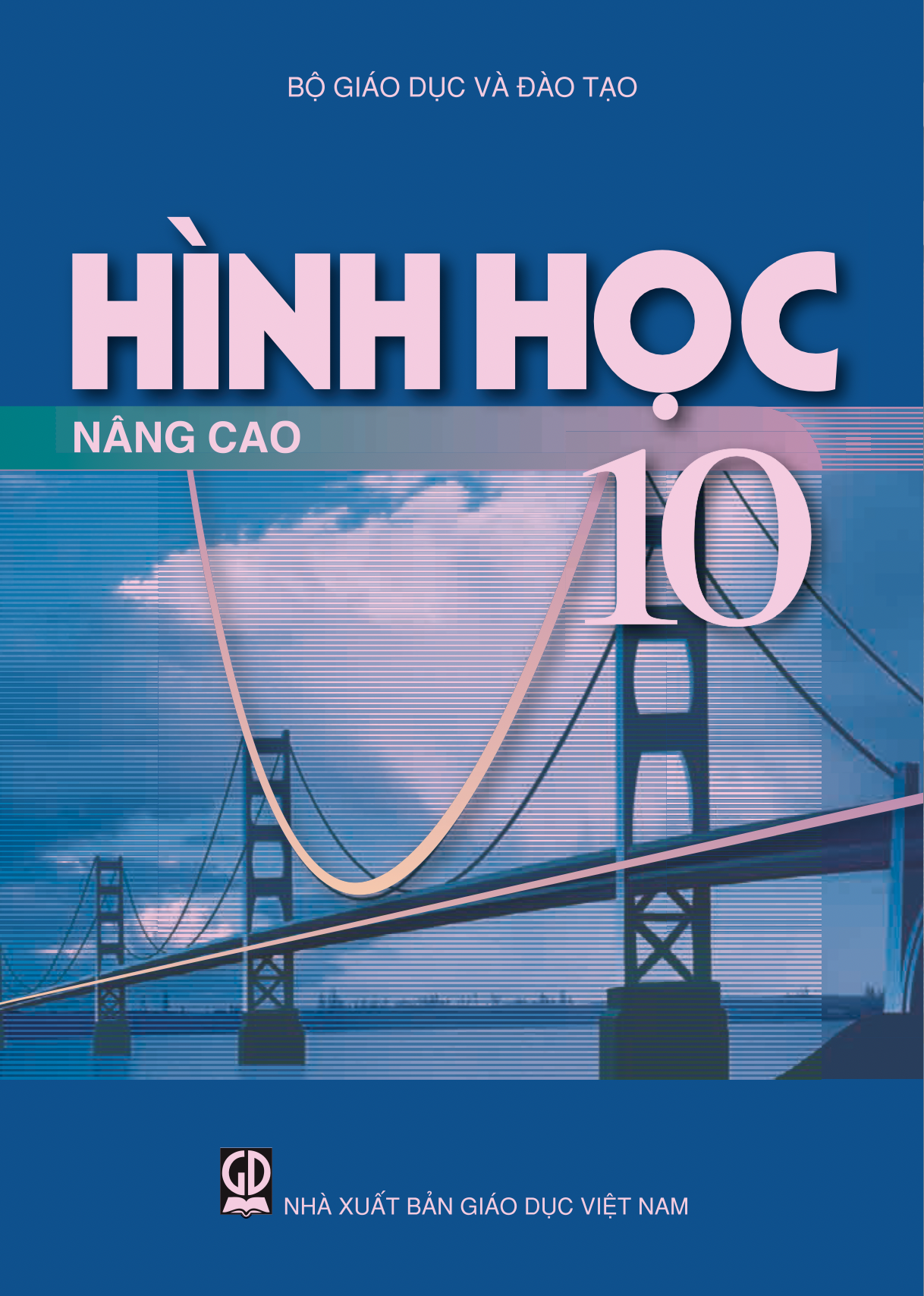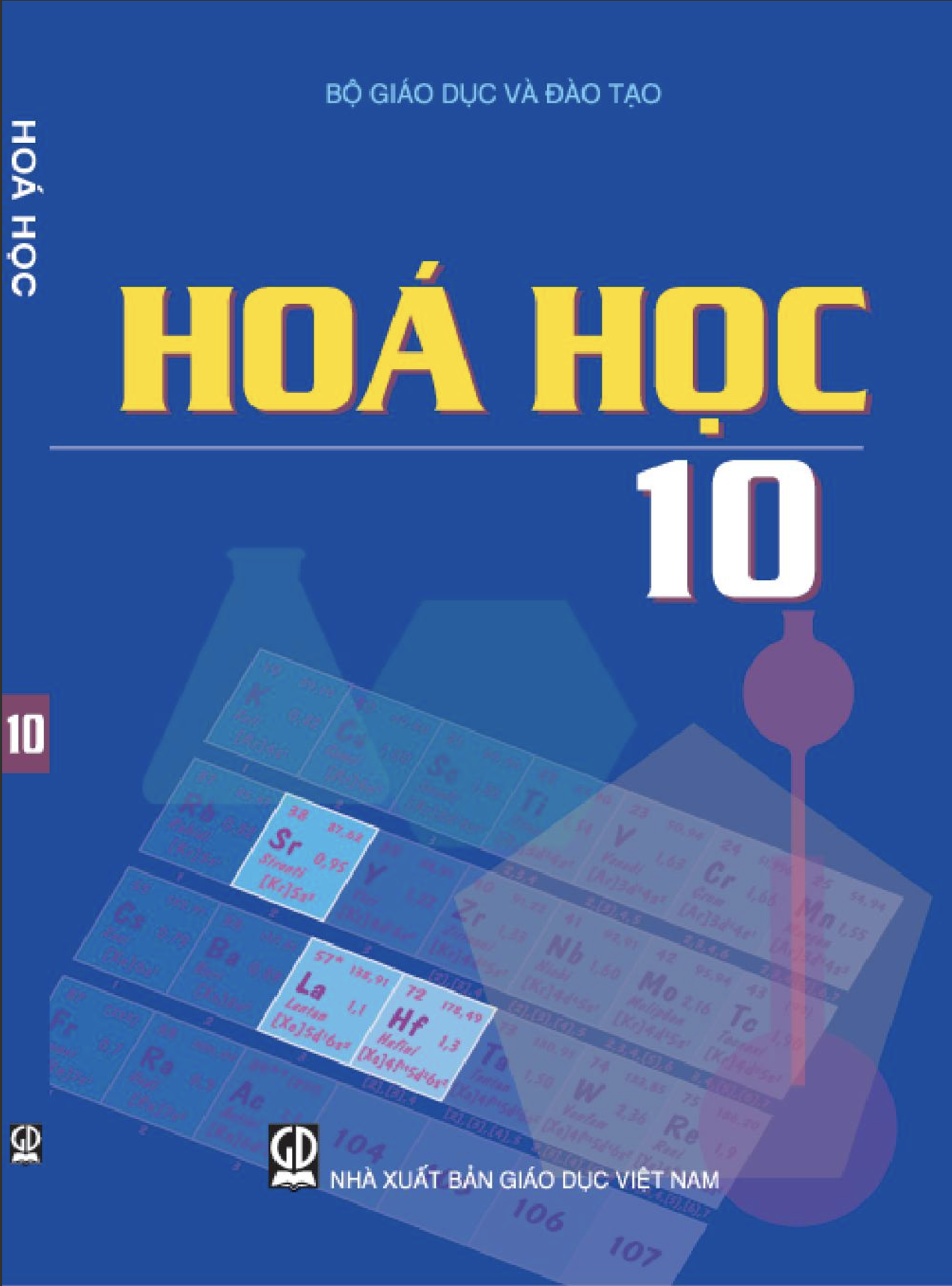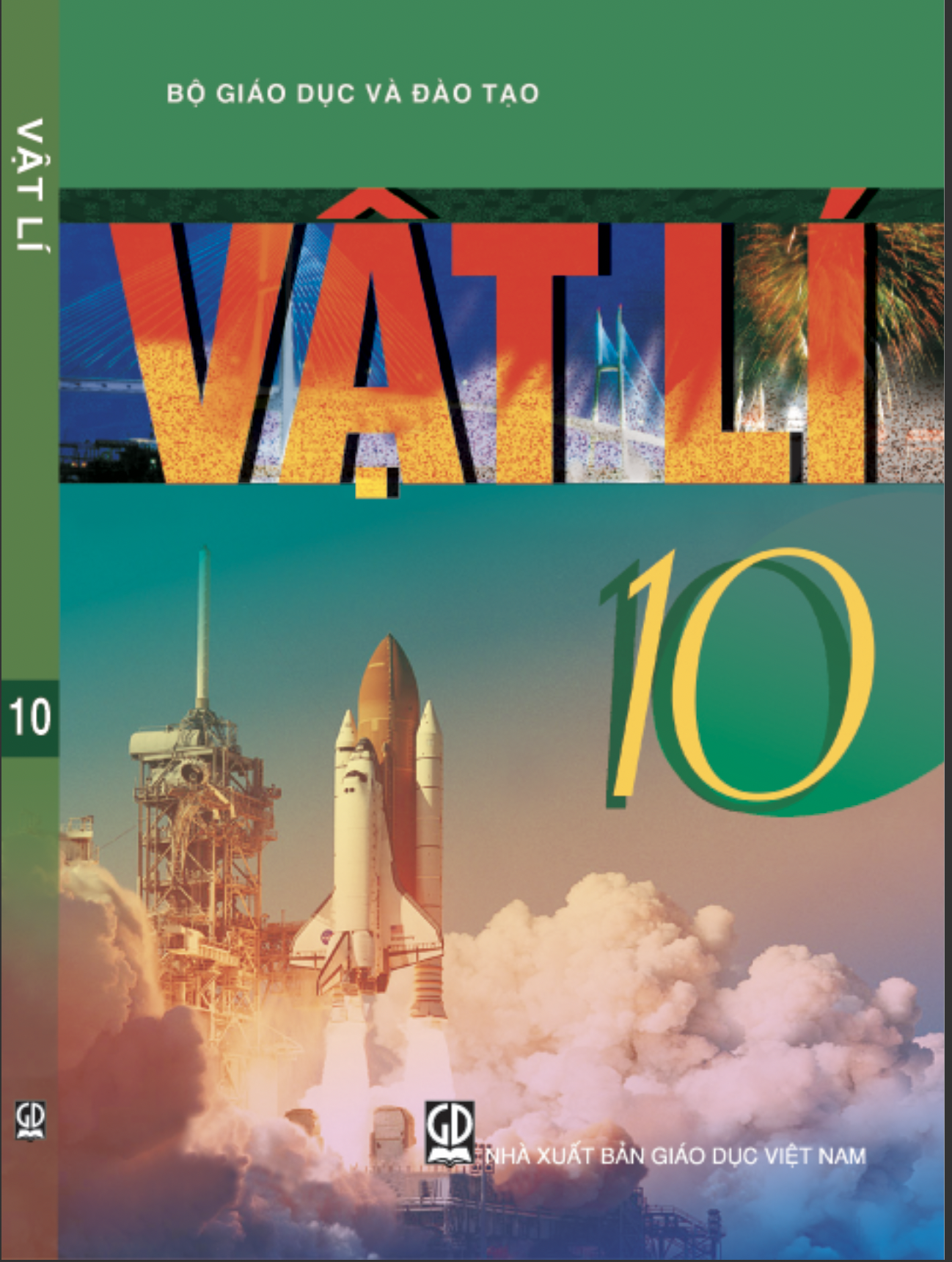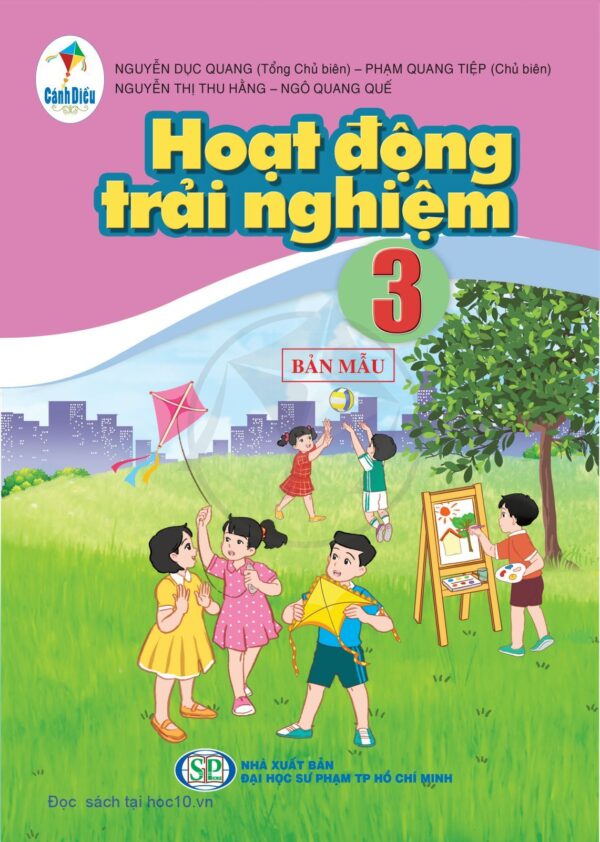(Page 46)
D GOAL Plan a Farm or Garden
Reading 🎧23 (Optional)
A. In pairs, say three things you can see in the photo.
B. Read the article and answer the questions.
1. Who is the photographer?
2. What do his photos show?
3. Where can you eat fresh vegetables and watch baseball?
4. Who can take classes in gardening once a week? 5. How many people live in the world's cities?
C Match the words from the article to the definitions.
1. urban ___f___ a. a large area of land for growing food
2. farm _______ b. to put something in the ground to grow
3. garden _______ c. an area of land with flowers, fruit, and vegetables
4. to grow _______ d. good for your body
5. volunteers _______ e. good for mental health
6. therapeutic _______ f. in the city
7. healthy _______ g. people who work for free
D MY WORLD Ask and answer the questions in small groups.
1. Do you have a garden or farm? If yes, what do you grow?
2. Are you a volunteer? What do you do?
3. What healthy activities do you do in your free time? Are they also therapeutic?
✔️ GOAL CHECK
In small groups, plan an urban farm or garden project.
1. Say why your city needs an urban farm or garden.
2. Discuss its location.
3. List the types of plants you will grow.
Urban Farming
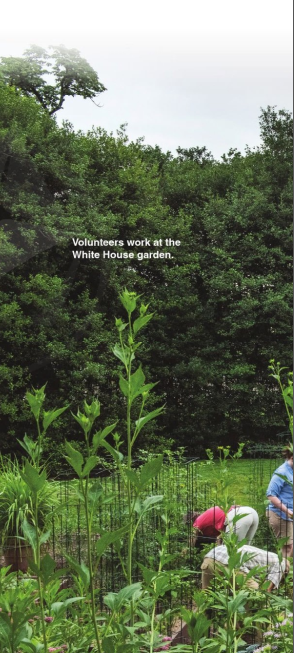
Volunteers work at the White House garden.
(Page 47)
Mario Wezel is a German photographer who takes photos for National Geographic. Mario is interested in urban farming, so many of his photos show farmers and gardeners. However, urban farming is different from traditional farming. It's when people farm and garden in the middle of the city.
Mario traveled to urban farms all over the US. In Boston, one man has bees on the roof of the Lenox Hotel. The hotel uses honey from the bees in its restaurant. In San Francisco, there's a small farm next to the Giants' baseball stadium. When people watch the game, they can also buy sandwiches from the farm with fresh vegetables! And in Washington, D.C., volunteers can help in a garden at the White House.
For Mario, the most surprising urban farm is at San Quentin State Prison, in California. The prison has a garden and, once a week, prisoners can take a gardening class. They learn how to grow plants and flowers. Working in the garden is also therapeutic.
Mario's photos are all of the US, but you can find urban farms in a lot of different countries and large cities, such as Tokyo, Lima, and Perth. That's because about 3.5 billion people (half the world's population) live in cities today and they want fresh, healthy food. And more and more people think urban farming is the answer to the world's food shortages, as well as to making our cities greener and more relaxing.
shortages (n) situations in which there is not enough of something
